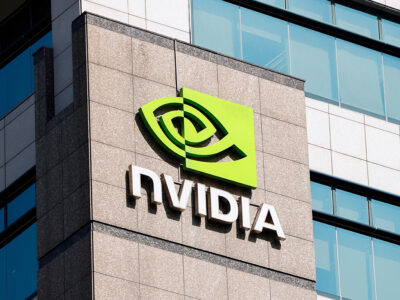Given Kuwaiti telecoms giant Zain’s former pretensions to regional – and eventually global – preeminence, a decision to discuss selling off its sub-Saharan assets to India’s Bharti Airtel has set a few tongues wagging.
Why is it such a big deal? The enterprise value for Zain Africa has been estimated at $10.7bn. By telecoms standards, this isn’t particularly high. The world record for the biggest M&A agreement is held by the UK’s Vodafone, which bought out German competitor Mannesmann for an eye-watering $172bn as interest in the sector reached its peak in 1999.
But by Middle Eastern standards, it’s one of the largest such deals – in any sector – in recent years. For that princely sum, India’s incumbent operator will receive immediate entry into fifteen African markets and become the continent’s second-largest player by mobile subscribers to boot. As penetration rates in the GCC and across the developed markets have soared well over 100 percent in some cases, many of the world’s biggest telecoms players see Africa as a vital market in which to gain subscribers.
So why doesn’t Zain, which has invested so much to gain a foothold in Africa, want to keep hold of its assets? Global Insight telecoms analyst Julian Watson points out that Zain’s largest sub-Saharan asset, Zain Nigeria, saw average revenue per user drop by a third in the first nine months of last year. With the country making up around 16 percent of group revenues during that period, and with similar patterns following in other African markets, in the short term Zain’s decision looks reasonable, particularly at the price being offered.
It’s not a price that Vivendi was willing to pay, for example. The French major thought long and hard about taking on the Zain Africa assets last year before declining to take the matter further. The UAE’s Etisalat has also washed its hands of any interest.
The fact is, of course, that this mooted contract signals the end of Zain’s dreams of taking on the big boys, at least for the time being. In a sign of divisions in the boardroom, CEO Saad Al Barrak – the driving force behind an expansion from one million subscribers to about 72 million now – unexpectedly stepped down from his role earlier this month.
Al Barrak’s departure is linked by some analysts to the actions of Kuwait’s Kharafi family, which has been keen to sell off the African assets for some time. Nasser Al Kharafi told the Financial Times that the decision was a strategic one, reflecting Zain’s plans to focus on the Middle Eastern sector, where the firm has just started operating in the Saudi market.
But once you’ve relinquished hold of this type of strategic asset, it’s not easy to get it back – which perhaps explains why Bharti may be tempted to pay over the odds for what on the face of it looks like some under-performing companies. It was a brave gamble buying into the African market, and it takes brave leadership – of the sort exemplified by Mr Al Barrak – to see such a move through. It’s a sad fact that the firm has been operating in some of those countries for only three years.
While Zain might be making the right moves to shore up its balance sheet in tough economic times for Kuwait and the GCC, it seems a shame that such a valuable future asset should be sold off so hastily. The next opportunity to expand overseas could prove to be prohibitively expensive.







